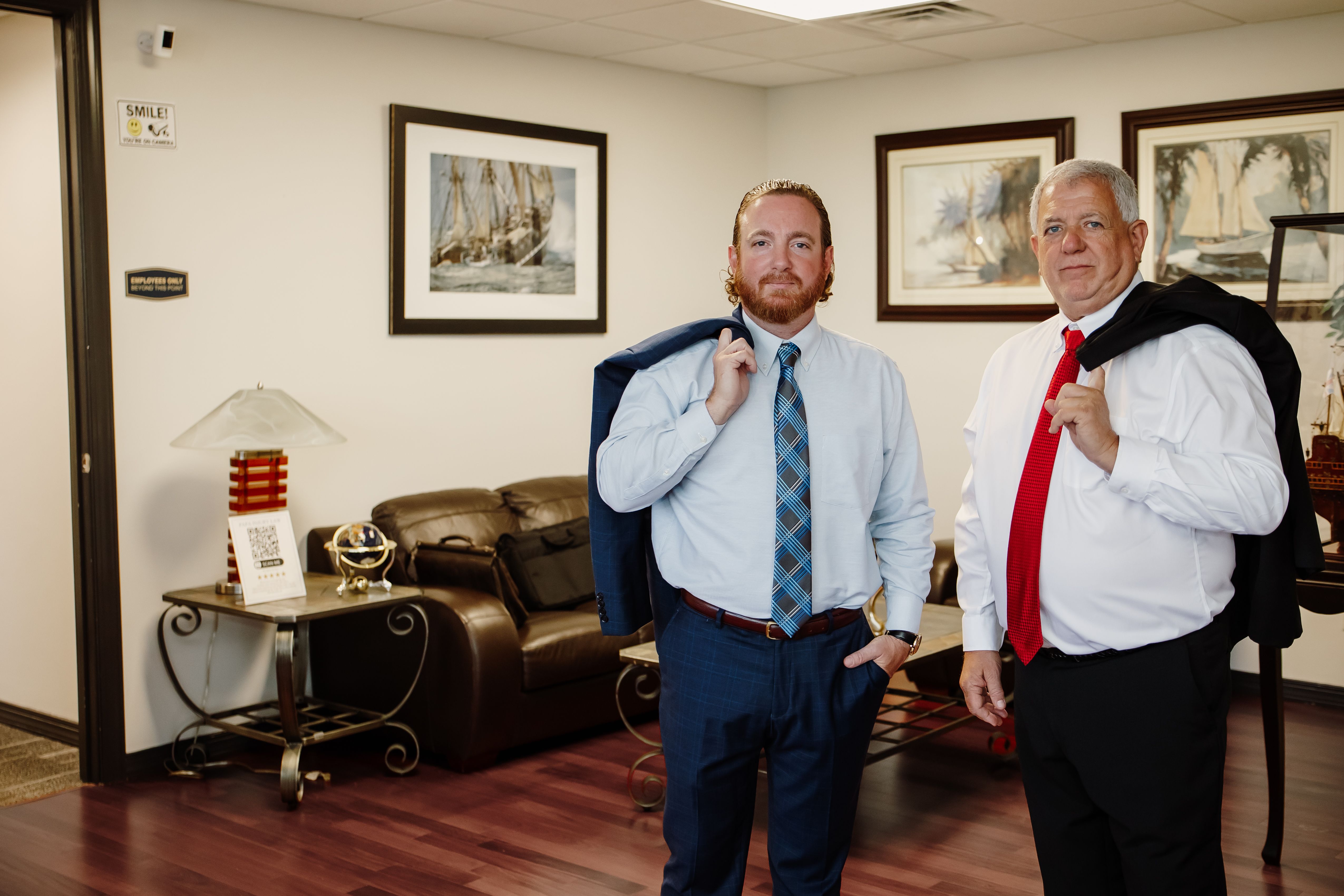Why Fault Matters in a Car Accident
Determining fault isn’t just about assigning blame. It impacts how insurance claims are handled, how much compensation you’re entitled to, and how your financial recovery moves forward. In Florida, which follows a “comparative negligence” system, even being found partially at fault can reduce your payout. That’s why it’s critical to gather strong evidence from the start.
Steps to Prove You Are Not at Fault
1. Call Law Enforcement Immediately
Always call the police after a crash. Their official accident report becomes one of the first and strongest pieces of evidence. Make sure you provide accurate details about what happened without admitting fault.
2. Gather Evidence at the Scene
If you’re able, collect as much information as possible:
- Photos and videos: Take wide shots of the accident scene, close-ups of vehicle damage, skid marks, traffic lights, and road conditions.
- Witness statements: Ask bystanders for their contact information. Neutral witnesses can make a big difference in your case.
- Driver details: Exchange insurance and license information with the other driver.
3. Seek Medical Care Right Away
Even if you don’t feel badly injured, see a doctor quickly. Medical records not only protect your health but also document the timeline of injuries, linking them directly to the accident. This evidence can shut down claims from insurers that your injuries came from somewhere else.
4. Preserve Every Record
Save everything connected to the crash: tow receipts, medical bills, pay stubs showing lost wages, and repair estimates. These records tell the full story of how the accident has impacted your life.
5. Work With an Experienced Attorney
Insurance companies are skilled at shifting blame. They may twist your words, pressure you into quick settlements, or dig through your social media to find anything that weakens your claim. Having a lawyer by your side means you’re not navigating this alone. At Papa Injury Law, we step in to handle those calls, challenge unfair tactics, and build a strong case for you.
Contact Us for a Free Consultation
Common Mistakes That Hurt Your Case
Want the best outcome for your case? Make sure you’re not making these common mistakes after a car accident:
- Admitting Fault Too Soon: It’s natural to feel apologetic after a crash, but saying “I’m sorry” can be used against you later, even if you weren’t at fault. Stick to the facts when speaking to the police, the other driver, and insurance companies.
- Posting on Social Media: That “I’m okay” post may feel like a relief, but insurers can use it to argue your injuries aren’t serious. It’s best to stay quiet online until your case is resolved.
- Delaying Legal Help: The longer you wait, the harder it is to track down evidence, preserve witness accounts, and challenge insurance companies. Getting an attorney involved early means your case starts off strong.
FAQs About Proving Fault
Q: What if both drivers share blame?
A: Florida’s comparative negligence law allows you to recover damages even if you’re partially at fault. Your compensation is reduced by your percentage of fault. However, if you’re found to be more than 51% at fault, you can be denied any compensation.
Q: Can dashcam footage help?
A: Absolutely. Dashcams provide real-time evidence that can make the difference between a “he said, she said” situation and a clear account of what happened.
Q: Do I have to go to court?
A: Not always. Many cases are resolved through negotiation. But if a fair settlement isn’t offered, Papa Injury Law is prepared to take your case to trial.
Protect Your Future With Papa Injury Law
Car accidents can turn your life upside down, but proving you weren’t at fault doesn’t have to be overwhelming. With the right evidence, timely action, and a trusted attorney by your side, you can protect your finances and your family’s future.
If you’ve been in a car accident and need help showing you weren’t to blame, our team is here to fight for you. At Papa Injury Law, you’ll always speak directly with a lawyer, someone who will pick up the phone, walk you through each step, and stand by you until your case is resolved.



